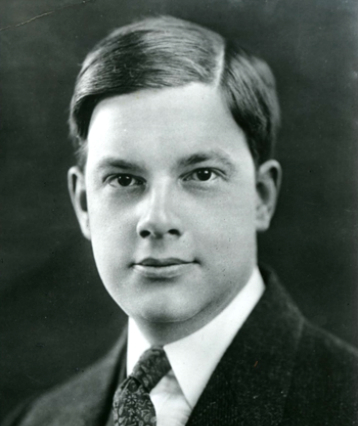Introduction
In this poem, written in the last year of his life and the last year of World War I, the American poet Joyce Kilmer (1886–1918) offers a complex and moving picture of the American soldier then giving battle in Europe. When the United States entered the war, Kilmer was 31 years old. Although he was exempted from his service obligation (married with four children), Kilmer voluntarily joined the New York Seventh Regiment, later transferring to the “Fighting 69th” Regiment when it was chosen to be the first New York unit sent to France. During the war, he continued to write. Kilmer was killed while scouting for enemy gun positions on July 30, 1918.
What is the mood of the poem, and what is its image of the soldier? How can a warrior be not only a peacemaker, but the peacemaker? Why, according to the poem, does the soldier fight, and why does he “gladly” die? What is the connection between fighting for freedom and fighting to banish war? What is the meaning of the last two lines of the poem—and what is the connection between this earthly battle and the captaincy of Jesus on the Cross? How, according to the poem, should the fallen soldier be remembered?



 (3 votes, average: 3.67 out of 5)
(3 votes, average: 3.67 out of 5)
Post a Comment